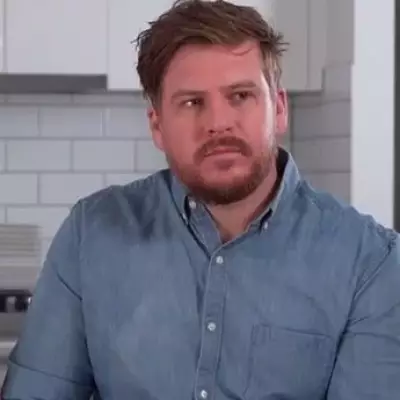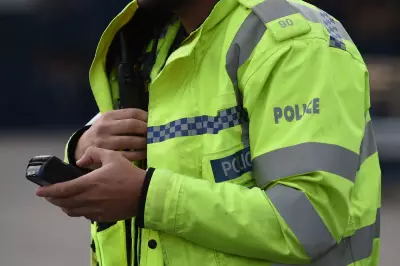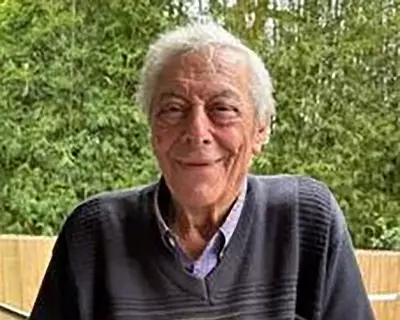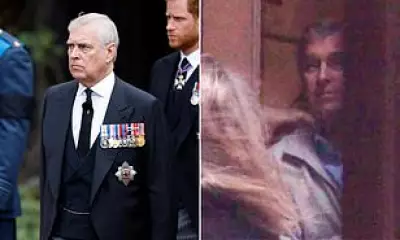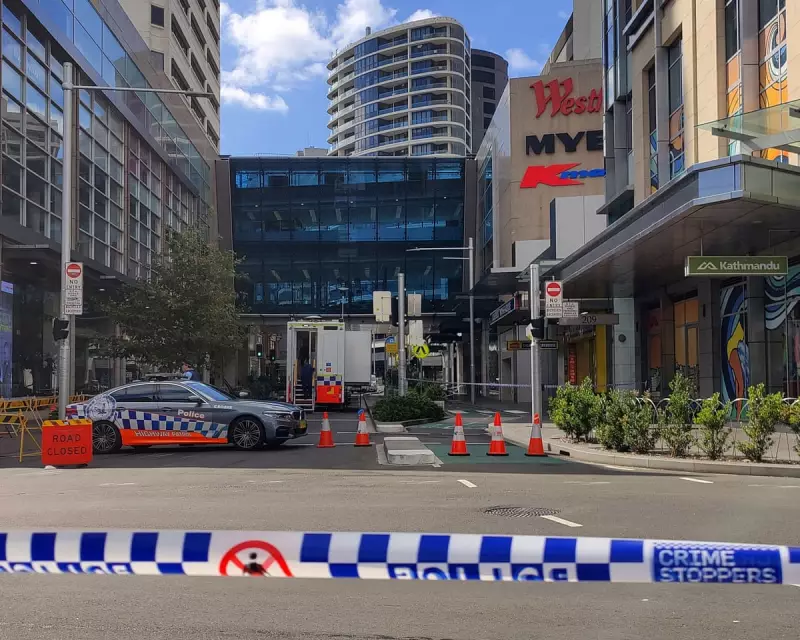
The state coroner for New South Wales is currently reviewing twenty-two draft recommendations arising from the coronial inquest into the devastating mass stabbings at Westfield Bondi Junction.
Key Recommendations Under Scrutiny
Among the significant proposals being considered are permanent police powers to conduct warrantless 'wanding'—using handheld metal detectors to scan individuals for weapons in crowded places. This comes after the attacker, Joel Cauchi, carried out the 13 April 2024 assault with a hunting knife.
The list of recommendations was formally released by the NSW coroner's court on Wednesday as the inquiry into the deaths of seven people draws to a close. The victims were Ashlee Good, 38, Jade Young, 47, Yixuan Cheng, 27, Pikria Darchia, 55, Dawn Singleton, 25, Faraz Tahir, 30, and the perpetrator, Joel Cauchi, 40.
Mental Health System Overhaul Proposed
Senior counsel assisting the coroner, Dr Peggy Dwyer SC, has put forward several critical proposals aimed at improving mental health care. A central recommendation calls for the establishment of a real-time, 24/7 mental health information sharing service in NSW that is not limited by geography.
This service would support police during crisis responses and help coordinate follow-up care. Dr Dwyer also proposed rolling out the Pacer mental health crisis response model across the entire state.
Another crucial recommendation targets medical guidelines, suggesting a 'prompt' amendment to the Royal Australian and New Zealand College of Psychiatrists' guidelines. This includes creating a new protocol for safely weaning schizophrenia patients off antipsychotic medication.
The inquest heard that Cauchi's former psychiatrist, Dr Andrea Boros-Lavack, had weaned him off his schizophrenia medication in 2019 at her Toowoomba private practice. A key focus of the investigation was examining Cauchi's risk of psychosis relapse and his subsequent discharge to GP care.
Broader Implications and Final Steps
Further recommendations directed at the NSW government include a directive for the housing and mental health minister to model the need for short-term accommodation in Sydney for people experiencing mental health challenges and homelessness.
A single proposal aimed at the Australian Press Council calls for balancing the need for accurate reporting of mass casualty incidents against the potential distress caused to victims, grieving families, and the public.
Final submissions for the coronial inquest are scheduled to conclude on Friday, after which the state coroner, Teresa O'Sullivan, will consider all evidence before delivering her findings.


